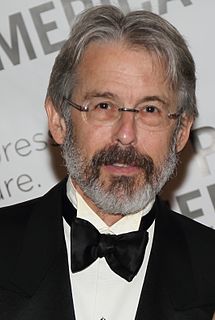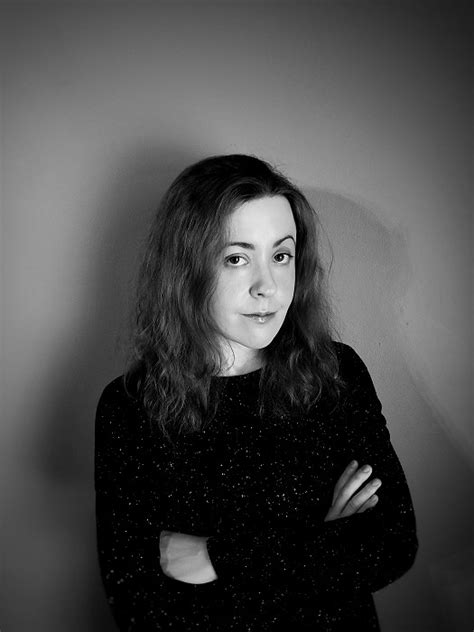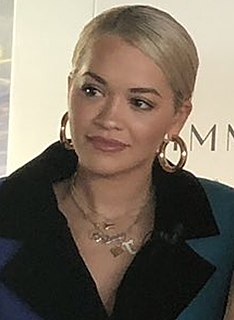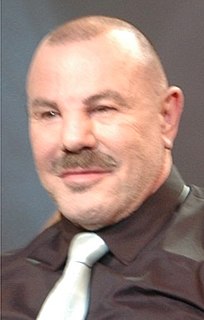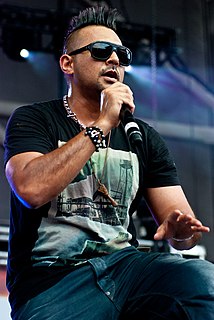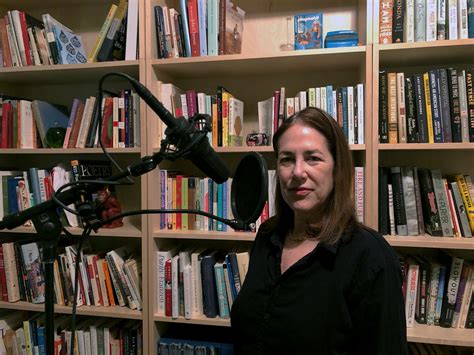A Quote by Hendrik Hertzberg
A political ideology is a very handy thing to have. It's a real time-saver, because it tells you what you think about things you know nothing about.
Related Quotes
Photographers usually want to photograph facts and things. But I'm interested in the nature of the thing itself. A photograph of someone sleeping tells me nothing about their dream state; a photograph of a corpse tells me nothing about the nature of death. My work is about my life as an event, and I find myself to be very temporal, transient.
The thing no one tells you about surviving, about the mere act of holding out, is how many hours are nothing because nothing happens. They also don’t tell you about how you can share your deepest secrets with someone, kiss them, and the next hour it’s like there’s nothing between you because not everything can mean something all the time or you’d be crushed under the weight of it.
Another thing I think should be avoided is extremely intense ideology because it cabbages up one's mind. You see it a lot with T.V. preachers (many have minds made of cabbage) but it can also happen with political ideology. When you're young it's easy to drift into loyalties and when you announce that you're a loyal member and you start shouting the orthodox ideology out, what you're doing is pounding it in, pounding it in, and you're gradually ruining your mind. So you want to be very, very careful of this ideology. It's a big danger.
I think now it's the money who tells the artist what to do - it's not the artist who tells the money what to do. And things move very fast, which is hard, because sometimes you need more time to be creative. I guess no one has a loud mouth like I did. They don't dare to scream loudly what they think. But you can't take fashion too seriously. The whole thing is about giving the woman who wears your clothes some power, some fun, some service. It's great to make it as art. But first, it's a service for someone.
What happened on "As Cool As I Am" was, you know how in the `90s, "the personal is political, the political is personal"? That was a really big thing. Choices you made about how you recorded and what instruments you used and how much real versus how much synthetic. Those were choices that were seen as very political at the time.
So much of what we see and hear about the Middle East focuses on what we call politics, which is essentially ideology. But when it comes to the Middle East, and especially the Arab world, simply depicting people as human beings is the most political thing you can do. And that's why I chose to write about food: food is inherently political, but it's also an essential part of people's real lives. It's where the public and private spheres connect.
I think when you're 17 and you're angry, you're angry about very short-term things. And there's nothing wrong about writing that record. It's a very real record to write; it's the realest record I could write when I was 17. The problem is, when you're 28, it's not the same thing; it can be a put-on.
People say to me, Oh, it's so wonderful that you're writing about real things, and that it's a political thing to do, and I say, look-to be in my position and not say anything is a hell of a political thing. You need to think politically, otherwise you'll be one of these people who says, Oh, this person's saying this and that person's saying that, and I'm confused. And I say, yeah, because you want to be confused.
I think that when somebody tells you something of value, a lot of the time there's this thing that happens, and I don't know if you find it, where they go exactly for the word or the moment or the thing that you were hoping they wouldn't notice, or inside didn't feel 100 percent secure about. If they point it out, then that really sends you the message of, "Okay, I was trying to override my own instincts about it, and I guess I shouldn't."
I don't know whether I have ideas all the time. I think I'm curious about things all the time; I think I'm always curious, and I think I'm always interested in whatever passes by, and I know I tend to think about things, and I tend to talk about things, and sometimes that takes root and gives me something to chase.
